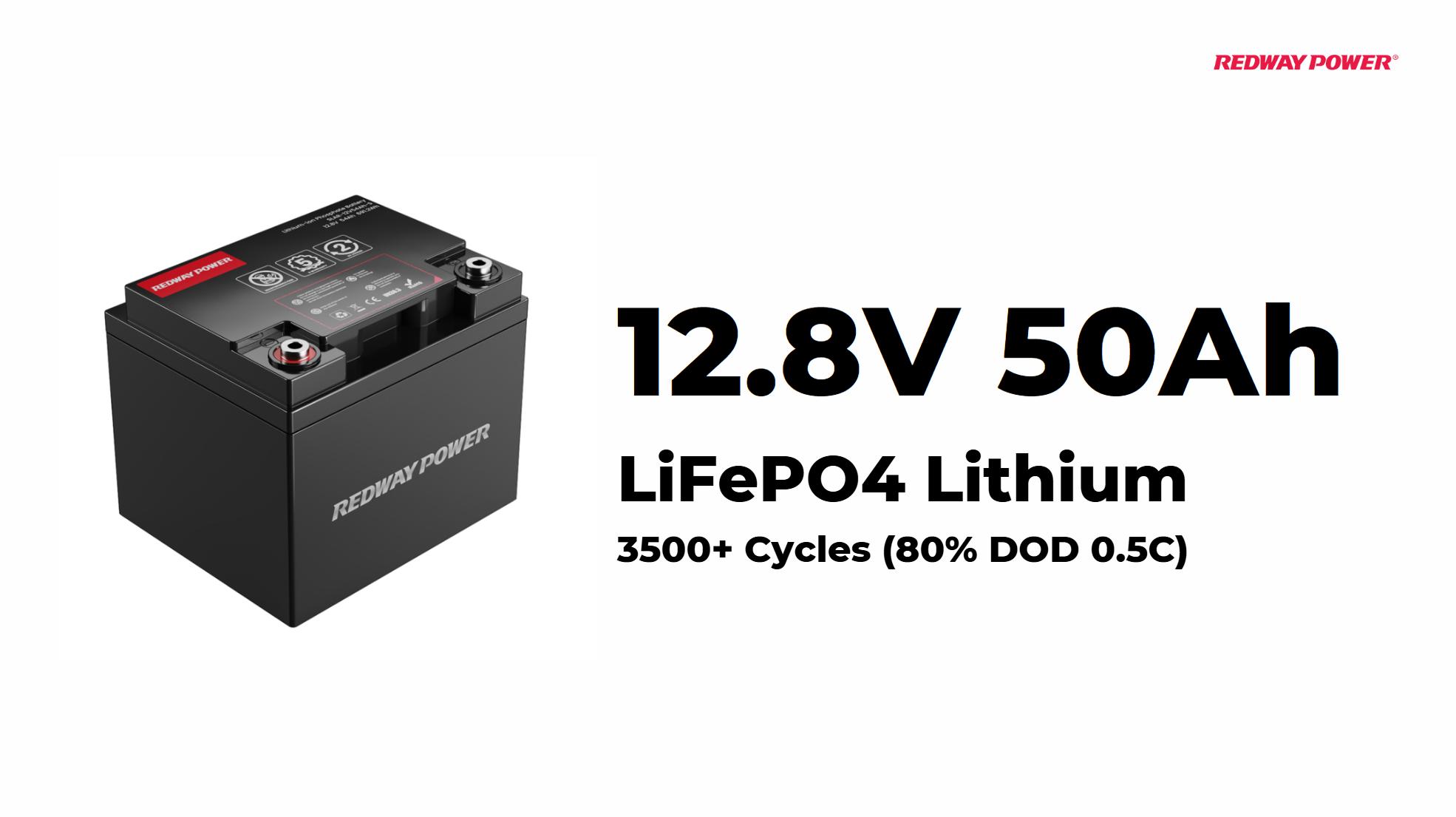How Does BMS Work in Lithium Batteries?
A Battery Management System (BMS) is crucial for lithium batteries as it monitors and manages the battery’s performance. It ensures safe operation by regulating charging and discharging, balancing cell voltages, and protecting against overvoltage, undervoltage, and overheating. This enhances battery life and efficiency while preventing potential hazards.
Understanding the Functionality of BMS in Lithium Batteries
A Battery Management System (BMS) plays a vital role in the operation of lithium batteries. It is responsible for monitoring various parameters to ensure the safe and efficient functioning of the battery pack.
Key Functions of a BMS
- Voltage Monitoring: The BMS continuously checks the voltage of each cell within the battery pack. This helps prevent overcharging and undercharging, which can damage cells.
- Temperature Control: It monitors the temperature of the battery cells to avoid overheating. If temperatures exceed safe limits, the BMS can initiate cooling measures or shut down the system.
- State of Charge (SOC) Calculation: The BMS calculates the SOC to provide accurate information about how much energy is left in the battery, enabling better management of power usage.
- Cell Balancing: Over time, individual cells can become imbalanced due to differences in capacity and charge cycles. The BMS balances these cells to ensure uniform performance and longevity.
- Protection Mechanisms: The BMS includes safety features that disconnect the battery from the load or charger if any parameters exceed defined thresholds, protecting against potential damage.
| Function | Description | Importance |
|---|---|---|
| Voltage Monitoring | Checks each cell’s voltage | Prevents overcharging/undercharging |
| Temperature Control | Monitors cell temperatures | Prevents overheating |
| SOC Calculation | Determines remaining energy | Aids in power management |
| Cell Balancing | Ensures uniform charge across cells | Enhances battery lifespan |
| Protection Mechanisms | Disconnects battery during faults | Safeguards against damage |
Latest News
- Recent advancements in BMS technology have led to improved algorithms for more accurate SOC calculations, enhancing overall battery efficiency.
- Manufacturers are increasingly integrating smart features into BMS systems, allowing users to monitor performance via mobile applications.
- The growing demand for electric vehicles is driving innovation in BMS technology to ensure optimal performance and safety in lithium batteries.
Redway Expert Comment
At Redway Battery, we understand that a robust Battery Management System (BMS) is essential for maximizing the performance and safety of lithium batteries. Our advanced BMS technology not only protects against potential hazards but also ensures that our LiFePO4 batteries operate efficiently throughout their lifespan. Investing in quality BMS solutions is key to reliable energy storage.
Relation to Lead-Acid Replacement Batteries
The functionality of a Battery Management System (BMS) is particularly relevant when discussing our focus on Lead-Acid Replacement Batteries. As users transition from traditional lead-acid batteries to lithium technology, understanding how a BMS operates becomes crucial for ensuring optimal performance and reliability.
Recommended Product: Redway Lithium LiFePO4 Battery with Advanced BMS
For clients looking to enhance their energy storage solutions, we recommend our Redway Lithium LiFePO4 Battery, which comes equipped with an advanced Battery Management System (BMS). This product not only provides superior energy density but also incorporates cutting-edge safety features designed to protect your investment.
Top Competitors in Battery Management Solutions
| Brand Name | Product Type | Compatibility with Applications |
|---|---|---|
| Redway Battery | Lithium LiFePO4 with BMS | Yes |
| Battle Born Batteries | Lithium with BMS | Yes |
| Renogy | Lithium with BMS | Yes |
| Victron Energy | Lithium Battery with BMS | Yes |
| Trojan Battery | Lead Acid with Basic Protection | Limited |
In conclusion, understanding how a Battery Management System (BMS) works in lithium batteries is essential for optimizing performance and ensuring safety. By considering these features and utilizing high-quality products like those from Redway Battery, users can enhance their energy storage solutions while maximizing efficiency and longevity.


